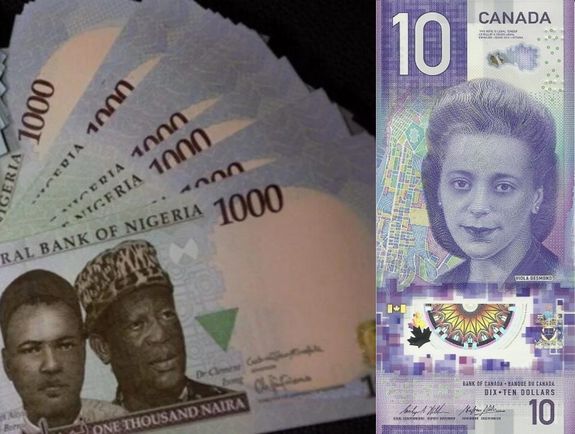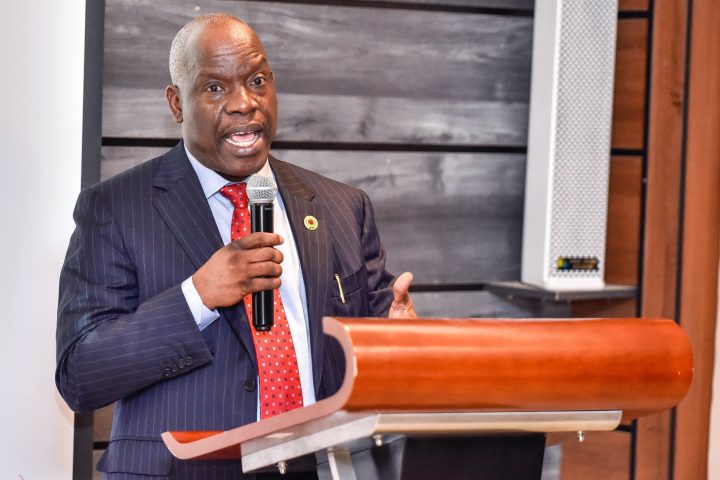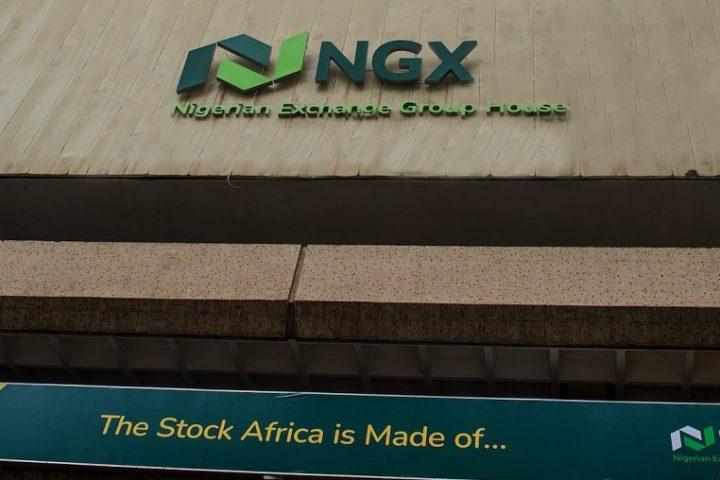A Canada-based Nigerian, Mr Chinonso Charles, has lamented the steep depreciation of the naira in the foreign exchange market over the years.
An analysis of the rate of exchange between naira and Canadian Dollar shows that the Nigerian currency has depreciated by 768.97 per cent in the last 10 years.
Join our WhatsApp ChannelIn October 2014, the exchange rate between the naira and Canadian Dollar (CAD) was ₦145/1 CAD, but today, it has jumped to ₦1,260/CAD.
Writing on his X handle about the low value of the naira currently, Mr Charles, who travelled to Canada in October 2014 for studies said at the time he was leaving, he spent a total of $37,000 CAD, including tuition fee and living expenses, which amounted to ₦5,365,000 (five million three hundred and sixty-five thousand naira) at ₦145 per CAD then.
However, today a Nigerian embarking on such a trip will have to spend ₦46,620,000 which is extra ₦41.2 million to get $37,000 CAD that Charles spent 10 years ago.
Mr Charles with X handle @ChinonsoCharl15 wrote: “I left Nigeria for Canada in September 2014. My tuition was $27,000 CAD and living expenses were $10,000 CAD, totaling $37,000 CAD. At the exchange rate of 145 naira per dollar, that came to ₦5,365,000.
“Fast forward to October 2024, the same $37,000 CAD now equals ₦46,620,000 at the current exchange rate of 1,260 naira per dollar. That’s an extra ₦41 million compared to what I paid back then.”
This graphically reflects how the naira’s value has dropped over the years.
While those leaving abroad may be smiling to their Nigerian bank accounts each time they send money home, those making attempts to travel either for studies, work or business trips, bear the brunt of high exchange rate.
READ ALSO: Naira Appreciates To N1631.21/$ At Official Market, Ends Week On Positive Note
“The rise in the exchange rate has made studying abroad really more expensive for Nigerians. It’s a reminder of how much the economy has changed over the years, and how critical it is for policies to address inflation and currency depreciation,” an X user AjebareTalks with handle @ajebaretalks stated.
The monetary authority had over the years operated a fixed exchange rate, however, upon assumption of office last year, the Bola Tinubu administration embarked on some economic reforms such as subsidy removal and foreign exchange reforms. The floating of the naira in the FX market led to devaluation of the currency with the rate jumping from about ₦400 to over ₦1,600 per US dollar both in the official and parallel or black market windows of exchange.
READ ALSO: Weak Naira: CBN Sells $543.5m To Boost FX Market
The FX reforms and its outcome has sparked debates among economic experts and analysts. While some said that it is good as the government would not continue to use FX in the reserve to defend the naira under fixed regime, others have warned that given nature of Nigeria’s economy which is mainly import-dependent, floating the naira is not the best. With the twin challenge of high exchange rate and inflation, experts have stressed that the best measure is to scale up production in all sectors not just oil, to increase foreign exchange earnings and reduce importation and the attendant pressure on FX due to high demands.
Victor Ezeja is a passionate journalist with seven years of experience writing on economy, politics and energy. He holds a Master's degree in Mass Communication.
















Follow Us